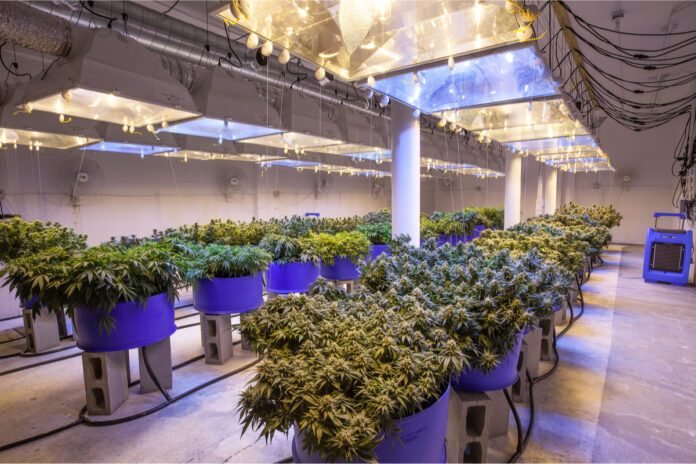SACRAMENTO – The California Energy Commission (CEC) will host a virtual workshop about proposed energy efficiency standards revisions to California Title 24. If instated, the revisions would require indoor agricultural farms—including indoor cannabis growers—to update lighting systems to more energy-efficient LED lights. The revisions could cost California’s indoor agricultural industry millions to upgrade to the new LED systems.
The CEC virtual workshop is scheduled for October 27 and will be open to the public. This will be the first opportunity for cannabis industry stakeholders to directly comment on the proposed revisions. More information about the workshop can be found at the CEC website.
The CEC worked with consultants to draft the revisions. Since July, the consultants reportedly spoke to as many as 130 cannabis industry members, the majority of which said the revisions would have a chilling effect by imposing further financial burden on emerging indoor agricultural businesses.
Industry insiders speculated that if the CEC raises energy standards for indoor agriculture and requires a 75 percent increase, as suggested in the Title 24 revisions, the standard could only be achieved by switching to the most energy-efficient LED lighting available. Upgrade costs for indoor cannabis growers in California could reach $255 million. A hefty price for growers ineligible for the subsidies or government rebates typically offered when industry-wide standards revisions require significant expenses to businesses. The financial burden also could have a particularly negative effect on social equity cannabis businesses that may not have resources for costly upgrades.
Some experts said the revisions also do not take into account any effects caused by new LED lighting systems on plants, crops, flower quality, or yields. Lack of data analyzing the effects of LED lighting systems on cannabis crops has caused many indoor growers to be hesitant to install LED lighting technology.
Experts also worry that increased costs will benefit illegal cannabis vendors by increasing retail prices on legal product. Additionally, business owners have said that the energy agency did not conduct enough outreach to industry stakeholders, and that energy savings data used to create Title 24 revisions may be “unreliable.”











